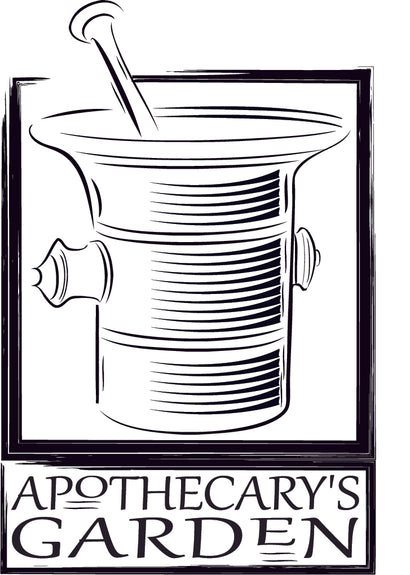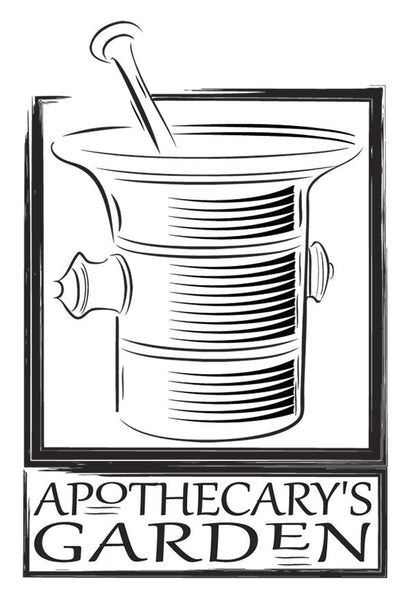U.S. CUSTOMERS: Tariffs are included in the product prices until the situation changes. Click here for more info.
U.S. CUSTOMERS: Tariffs are included in the product prices until the situation changes. Click here for more info.
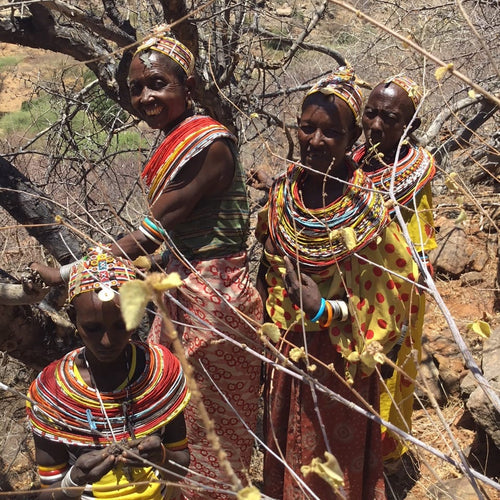
Sustainable Frankincense from the Samburu women of Kenya
by Dan Riegler December 04, 2024 5 min read
The Samburu Frankincense collectors
by Dan Riegler | Jun 14, 2021 | Apothecary | 5 comments
This is an update of a post I wrote in 2021, and I am again in Samburu territory, Northern Kenya and purchasing Frankincense and Myrrh resins from the Samburu tribe. it seems like a good time to update this post.
7 years after my first visit with the Samburu Frankincense harvesters in Northern Kenya, things are finally coming together. I now have 2 groups of Samburu women harvesters and 2 from the Rendille tribe who need to sell their sustainably harvested Frankincense and Myrrh resins. I have 2 wholesalers/importers that specialize in Sustainable aromatics working with me to bring them to the North American and European markets. You will find their contact info below.
Sustainable & Fair Trade Frankincense essential oils. Artisan distilled
Hilary Sommerlatte is a talented Kenyan Artisan essential oil Distiller and Botanist who works directly with the Northern tribes and distills essential oils of all their Frankincense and Myrrh resins. You can find them in the shop here-Frankincense Neglecta, Kenyan Frankincense, Kua Myrrh, Kataf Myrrh and a special codistillation of Kataf and Kenyan Myrrh I call Moonlight Myrrh.


Frankincense Neglecta tree-Green in the rainy season-Endoto, Northern Kenya
Healthy trees and a sustainable harvest
Frankincense Neglecta is a Frankincense species endemic to Eastern Africa. it is not the prettiest Frankincense resin but makes up for its looks with a unique fragrance and sustainability. It is theorized that the fragrant black resin forms only in response to the attack of borer beetles. This means there are fewer concerns about the impact of overharvesting on the species. In fact, recent focus groups in Northern Kenya reported the trees were thriving.
Gifts from the trees
Both Black and White Neglecta resins are natural exudate and are collected without tapping the tree. It is safe to say that in Northern Kenya all the Frankincense and Myrrh species trees are doing well and thriving.

Buying freshly collected aromatic resins from the Samburu women resin collectors. After selling their resins, the ladies will depart for home with food and medicine for their families
The Samburu Women
The Samburu tribe are indigenous to Northern Kenya. Daily life of the tribe revolves around livestock which the men own and trade. The women’s days are taken up with domestic activities, caring for children and the elderly. The women have no income except for what they can produce or collect for themselves.


Gifts from the land
Besides milk and the meat from goats, cows and sheep which are slaughtered on special occasions, most of their food and medicine comes from visits to the local village market gatherings where men come to trade and sell livestock and women buy or trade for provisions and medicine. Resin collection from a variety of trees represents the bulk of many women’s income. Having a reliable and fair price for their resins is critical.
A stable market in the West
This is where we all come in. With enough of a demand for their resins, we can bring a number of Samburu resins from remote and isolated areas to the West, guaranteeing the women a fair price and a stable market for their resins. Frankincense neglecta is one of 5 resins the Samburu women collect.


What about the sustainability of Frankincense?
We hear often that we are losing our Frankincense trees and that the harvest of Frankincense resin is unsustainable. That is true in the case of some Frankincense species, however there are a number of Frankincense and Myrrh resins that are collected in a perfectly sustainable manner, among them Frankincense Neglecta.
At the recent Global Frankincense Alliance online workshop, I noticed the striking difference in tree health, collection methods, and sustainability of the harvest between the different cultures and collector communities. From Africa to Arabia to India, each tree species, harvesting community and culture had its own unique story. In some areas, Frankincense tree populations are doing well, and in other areas the Frankincense trees are declining quickly and need our intervention.

Samburu women separating the Black Frankincense Neglecta from the White pieces for us.
The relationship between the Samburu tribe, the trees & the land
The relationship of harvesters and their communities with the land, the trees and the resins struck me as intrinsically tied to the wellbeing of the trees. In Northern Ethiopia, Frankincense Papyrifera trees are at risk of extinction in another few decades. Besides their natural enemies, insects, disease, grazing animals and wildfires, they are cut down for charcoal and to make room for endlessly expanding agricultural plots. Add to this stress improper harvesting techniques and overharvesting one can see why the trees don’t have long.
Cultural checks on overharvesting
On the other hand, the Samburu tribe has a unique relationship with the land, and harming trees in any way is frowned upon. In fact, cutting down and burning trees for charcoal is common practice across Africa, but something one will, if ever, rarely see in Samburu county. This is due to their reverent relationship with their deity, the Nature God/Goddess N’kai, who resides in the mountains, the trees, lakes and animals. One could say N’kai protects the Samburu Frankincense trees, making sure they are not harmed. (This protection extends to the various Myrhh species trees that grow alongside them and are also in the shop).


The harvester communities are the stewards of our natural resources
The harvester communities of our medicinal and aromatic plants around the world are ideally positioned to steward our resources in these remote areas. Healthy communities with healthy relationships with the land and trees seem, in my mind, to be major factors in a sustainable harvest and healthy ecosystem. They should be acknowledged, encouraged and supported in every way possible. They can be the anchor that holds back erosion of the landscape and ensures healthy populations of all our medicinal and aromatic plants around the world for decades to come.
You can find fresh sustainable Samburu Black Frankincense neglecta here. And the rarer Light Frankincense neglecta here in the shop.

Sunrise from Sabache-The sacred Samburu Mountain-2024
Gratitude
A very special thank you to all my customers who through their purchases have supported my trips to visit the harvesters and especially to Hussein Wali of Nomadic Frankincense and Myrrh Inc, who introduced me to the Somali Pastoralist resin collectors in the Somali region of Ethiopia, Sue at Pipal Ltd. and Andre & Maria at mantisconnexions Ltd. in Kenya, whose ongoing support, dedication to the Samburu people, resources and connections on the ground in Kenya have brought this project to fruition.
For wholesale inquiries in North America contact info@rawtradersinc.com and in Europe contact service@mothersgoods.com
We are quickly losing our wild medicinal and aromatic plants around the world through our own mismanagement and thoughtlessness. Many species including Frankincense and other aromatics will have disappeared in the next 50 years.
To learn more about what can be done to protect and conserve our medicinal and aromatic plants visit https://airmidinstitute.org/
https://unitedplantsavers.org/
https://sustainableherbsprogram.org/
Dan

Leave a comment
Comments will be approved before showing up.
Also in Apothecary's Garden Blog
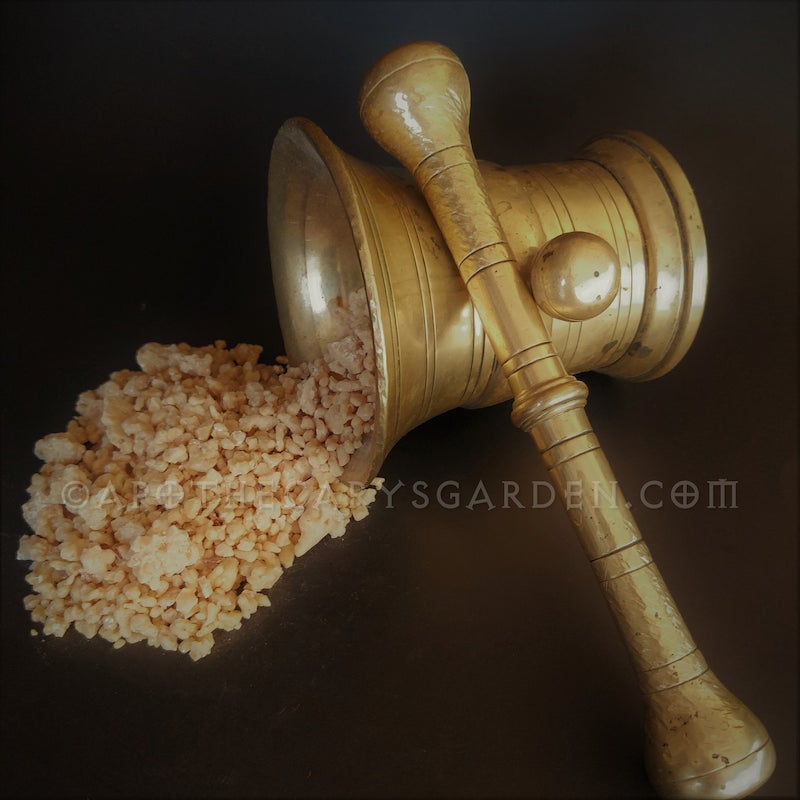
How to make a Frankincense Resin Extract with Boswellic acids
by Dan Riegler February 13, 2025 5 min read
The resin portion of Frankincense contains very valuable therapeutic compounds called Boswellic acids. You won't find them in the water-soluble gum, and you will not find them in the essential oil of Frankincense. We cannot use these resin acids to their fullest extent until we liberate the resin from the gum portion.
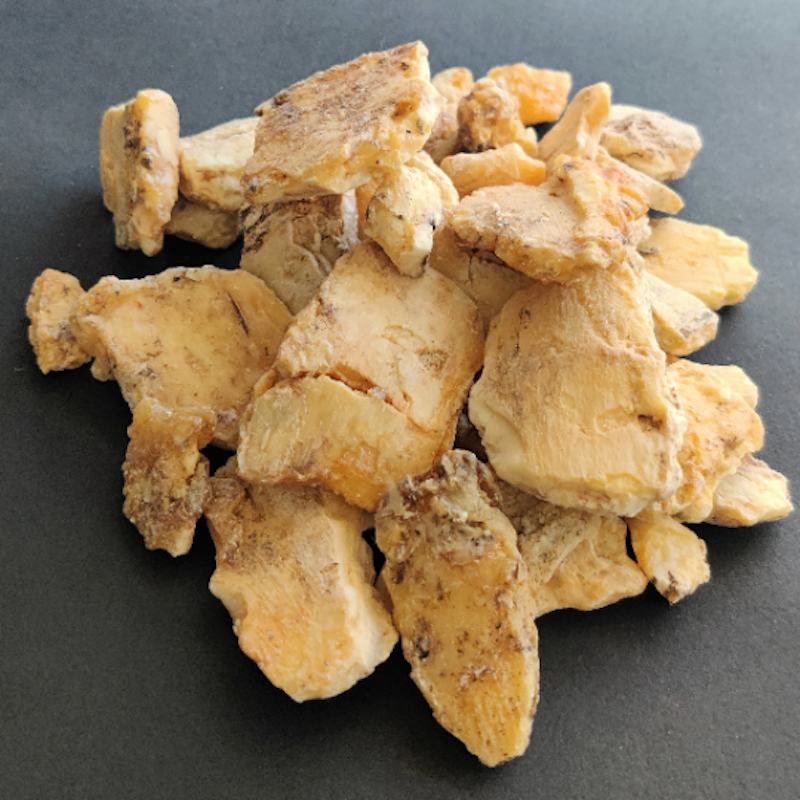
Sumatrana Benzoin-A New sustainable resin for Medicine, Incense and perfume
by Dan Riegler February 05, 2025 5 min read
Sumatrana Benzoin is harvested sustainably by farmer families in a small area of Northern Sumatra. This resin is unique in that it has floral notes other Benzoin types Lack. It has only recently been introduced to the Western market for use in perfume, medicine, incense and cosmetics.
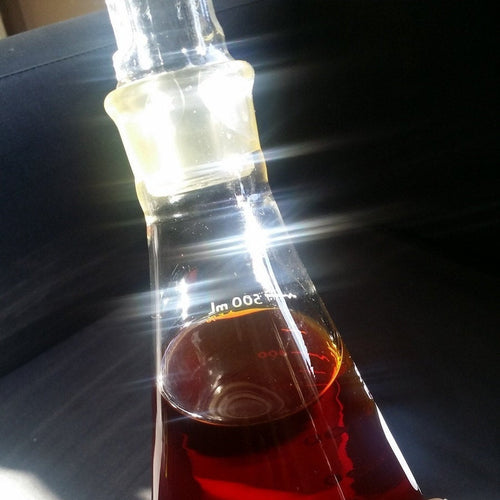
How to make a Medicinal Tincture of Frankincense
by Dan Riegler January 23, 2025 5 min read
There are several ways we can benefit from the anti-inflammatory and anti-cancer resin compounds found in Frankincense resin. A tincture is one of them and an easy product to make at home.
Recent Articles
-
How to make a Frankincense Resin Extract with Boswellic acids
February 13, 2025
-
Sumatrana Benzoin-A New sustainable resin for Medicine, Incense and perfume
February 05, 2025
-
How to make a Medicinal Tincture of Frankincense
January 23, 2025
-
Frankincense as Medicine-Truth, Myth, and Misinformation
January 15, 2025
-
Sustainable Frankincense from the Samburu women of Kenya
December 04, 2024
-
How to make a Tincture of Myrrh for oral health
November 27, 2024
-
Green Frankincense Demystified
October 04, 2024
-
How to make an oil extract of Frankincense-2 methods
January 17, 2024
-
Suhul Myrrh-A gift from the trees
January 03, 2024
-
How to prepare Winter Medicine with local Tree Resins
December 14, 2023
Categories
- Akba
- Ambergris
- Animal Welfare
- Animalics
- Anti-inflammatory
- Aphrodisiacs
- Aphrodite
- Apothecary Arts
- BA
- Benzoin
- Boswellia
- Boswellia Carterii
- Boswellia Frereana
- Boswellia Neglecta
- Boswellic Acids
- Boswellis Serrata
- burn incense
- cancer
- Censer
- Chest Rub
- Commiphora
- Commiphora Myrrha
- Copal
- Cough Balm
- DIY
- DIY Frankincense extract
- Fair trade
- ferula
- Frankincense
- Frankincense Absolute
- Frankincense as medicine
- Frankincense Extract
- Frankincense Neglecta
- Frankincense Sacra
- Frankincense Tincture
- Frankincense tutorial
- Incense
- Incense burners
- Incense Making
- Incense Resins
- kenya
- Medicated oils
- Medicine chest
- Muscle Rub
- Musks
- Myrrh
- Myrrh tincture
- new
- Perfume
- Perfume Ingredients
- Perfume Making
- Perfumery
- Pine
- Pine Resin
- Resin extract
- Royal Green Hojari
- Sacred Copal
- Samburu
- Spruce Resin
- Suhul Myrrh
- Sultans Select
- Sumatrana Benzoin
- Sustainability
- Sustainable Frankincense
- Sustainable Harvest
- tincture
- Traditional Medicine
- Tree Medicine
- Tree Resins
- Tutorials
- Wildcrafting
- Wood finishes
Where are you Blog posts Dan?
Please bear with me as I rewrite, update and link my old Blog posts to the new shop. If you don't see the tutorial or post you are looking for, pop in periodically. I should have them all up, updated and running in the next few weeks.
Subscribe
Sign up to get the latest on sales, new releases and more …
- Comments
- DISQUS
